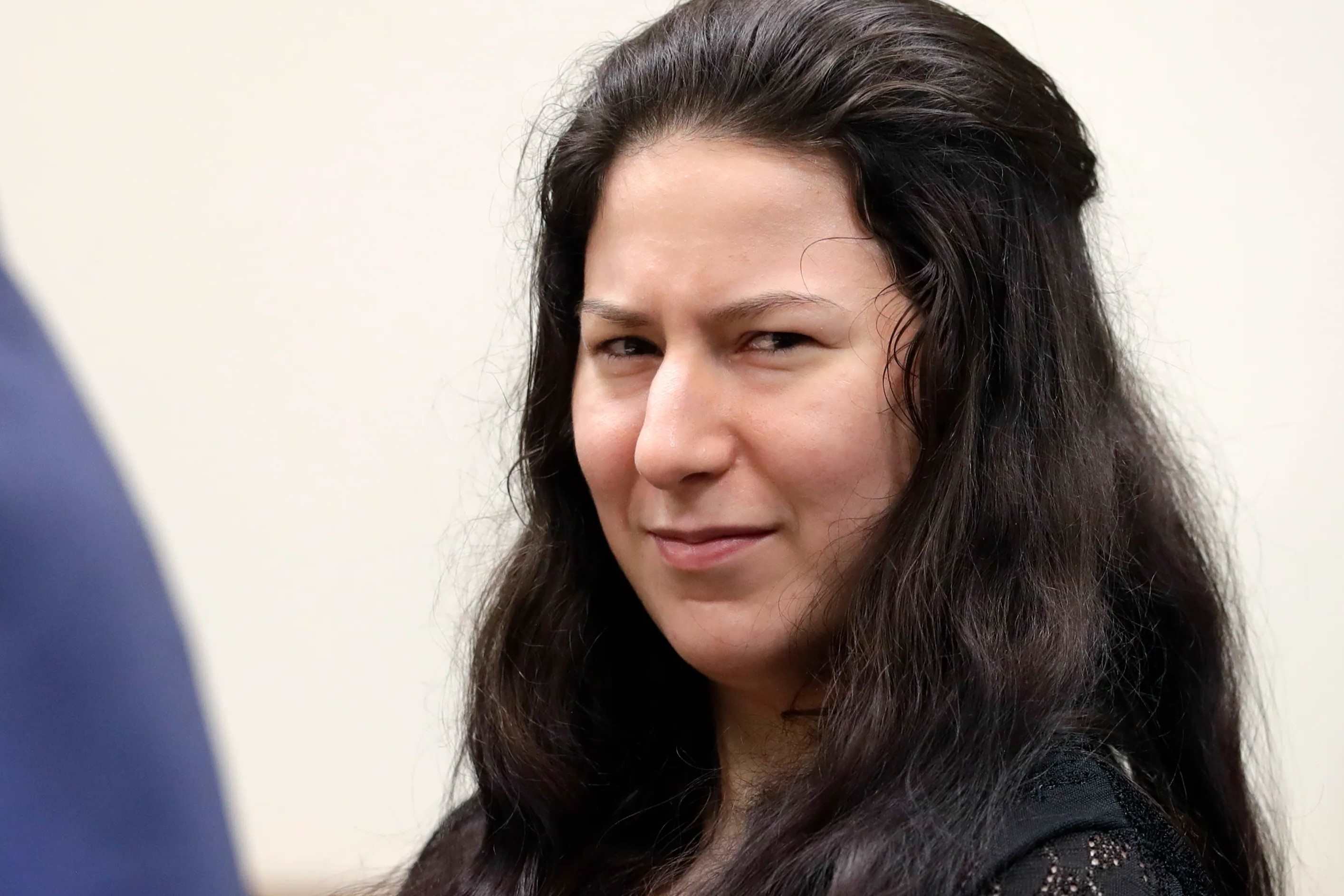
Bravery isn't just about facing danger head-on; it's about standing up for what's right, even when it's tough. Courage can be seen in everyday acts, from speaking out against injustice to helping someone in need. Did you know that bravery isn't just a human trait? Animals exhibit courage too! Think of a mother bear protecting her cubs or a service dog guiding its owner through busy streets. History is filled with tales of brave individuals who changed the world. From soldiers in battle to activists fighting for change, bravery shapes our world. Ready to learn more? Here are 27 facts about bravery that will inspire and amaze you!
Key Takeaways:
- Bravery comes in many forms, from historical figures to everyday heroes, showing courage in facing fears, helping others, and standing up for what is right.
- Animals also exhibit bravery, protecting their groups and sacrificing for the greater good, inspiring us with their acts of courage.
What is Bravery?
Bravery is a quality that often gets celebrated in stories, movies, and real-life events. It involves facing fears, taking risks, and standing up for what is right, even when it's difficult. Here are some fascinating facts about bravery that might surprise you.
Historical Acts of Bravery
Throughout history, many individuals have shown incredible bravery. These acts have often changed the course of events and inspired others.
- Joan of Arc led the French army to several important victories during the Hundred Years' War, despite being just a teenager.
- Rosa Parks refused to give up her seat on a bus in Montgomery, Alabama, sparking the Civil Rights Movement.
- Nelson Mandela spent 27 years in prison fighting against apartheid in South Africa, eventually becoming the country's first black president.
- Harriet Tubman escaped slavery and then made 13 missions to rescue approximately 70 enslaved people using the Underground Railroad.
- Mahatma Gandhi led India to independence through non-violent civil disobedience, inspiring movements for civil rights and freedom across the world.
Bravery in Nature
Bravery isn't just a human trait. Many animals exhibit acts of courage that are both fascinating and inspiring.
- Honeybees will defend their hive to the death, even though stinging an intruder will kill them.
- Elephants will protect their herd, especially the young, from predators like lions and hyenas.
- Penguins take turns standing on the outer edge of their huddle to protect the group from the cold Antarctic winds.
- Meerkats have a designated sentry who watches for predators while the rest of the group forages for food.
- Octopuses can sacrifice an arm to escape predators, knowing it will eventually regenerate.
Psychological Aspects of Bravery
Understanding the psychology behind bravery can help us appreciate why some people act courageously while others do not.
- Fight or Flight Response: Bravery often involves overcoming the natural "fight or flight" response to danger.
- Altruism: Some acts of bravery are driven by a desire to help others, even at personal risk.
- Training and Preparation: Soldiers, firefighters, and other professionals often undergo rigorous training to prepare them for brave acts.
- Social Influence: People are more likely to act bravely if they see others doing the same.
- Moral Courage: This involves standing up for what is right, even when it is unpopular or dangerous.
Bravery in Literature and Film
Stories of bravery have always captivated audiences, providing both entertainment and inspiration.
- Harry Potter: The young wizard faces numerous dangers to protect his friends and defeat dark forces.
- Katniss Everdeen: In "The Hunger Games," Katniss volunteers to take her sister's place in a deadly competition.
- Atticus Finch: In "To Kill a Mockingbird," Atticus defends an innocent black man in a racially charged trial.
- Frodo Baggins: In "The Lord of the Rings," Frodo embarks on a perilous journey to destroy a powerful ring.
- Mulan: The Chinese heroine disguises herself as a man to take her father's place in the army.
Everyday Acts of Bravery
Bravery isn't always about grand gestures. Sometimes, it's the small, everyday acts that make a big difference.
- Standing Up to Bullies: Confronting a bully to protect someone else takes courage.
- Speaking Out: Voicing an unpopular opinion or standing up for what's right in a group setting.
- Helping Strangers: Assisting someone in need, whether it's helping a lost child or aiding someone in an accident.
- Facing Illness: Battling a serious illness with determination and a positive attitude.
- Admitting Mistakes: Owning up to errors and taking responsibility for them.
Bravery in Sports
Athletes often show incredible bravery, whether it's pushing their physical limits or overcoming personal challenges.
- Jackie Robinson: Broke the color barrier in Major League Baseball, facing intense racism and hostility.
- Bethany Hamilton: Returned to professional surfing after losing an arm in a shark attack.
Courage in Everyday Life
Bravery isn't just for heroes in stories. It shows up in everyday actions. Standing up for what's right, facing fears, and trying new things all take guts. Even small acts of courage, like speaking in public or helping someone in need, make a big difference.
Remember, bravery isn't about not being scared. It's about acting despite fear. Everyone has the potential to be brave. It just takes practice and a bit of self-belief. Next time you face a challenge, think about the brave people who came before you. Let their stories inspire you to find your own courage.
So, go ahead. Take that leap. Face that fear. Be brave in your own way. The world needs more everyday heroes.
Frequently Asked Questions
Was this page helpful?
Our commitment to delivering trustworthy and engaging content is at the heart of what we do. Each fact on our site is contributed by real users like you, bringing a wealth of diverse insights and information. To ensure the highest standards of accuracy and reliability, our dedicated editors meticulously review each submission. This process guarantees that the facts we share are not only fascinating but also credible. Trust in our commitment to quality and authenticity as you explore and learn with us.


